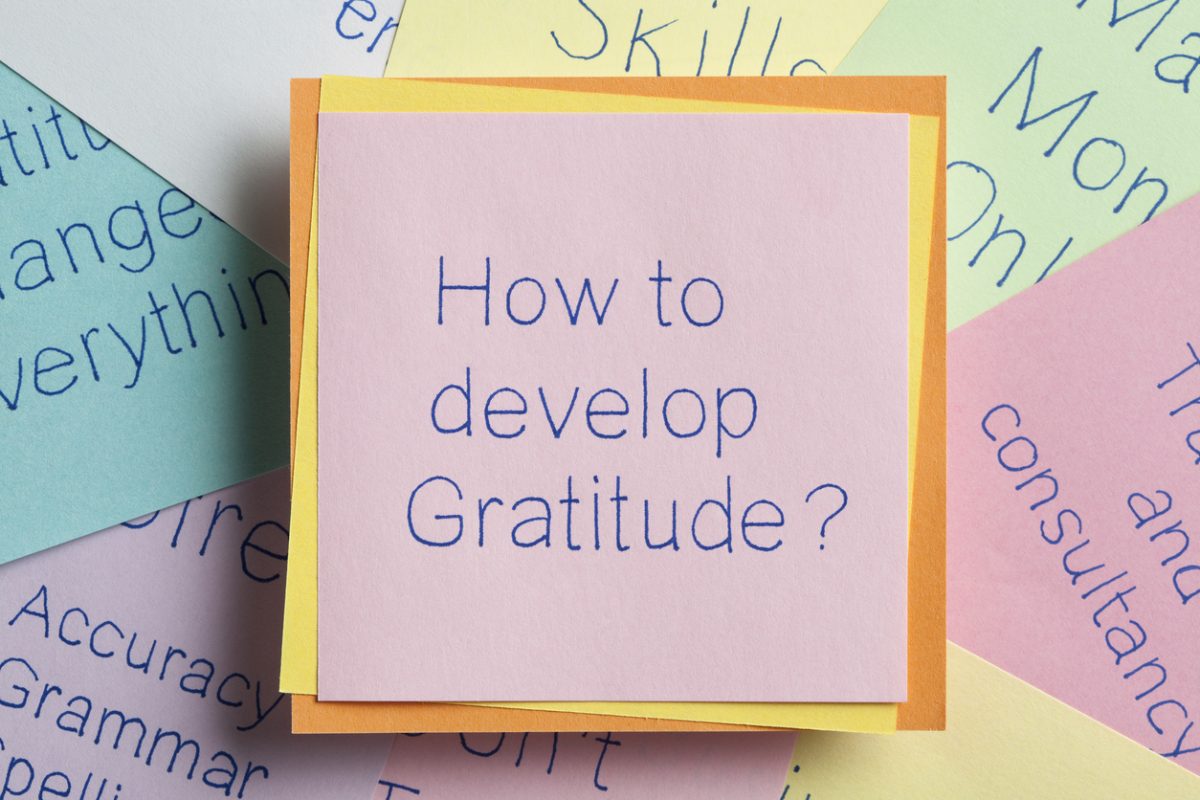
Emotional energy matters immensely, precisely in recovery. Being unnecessarily bitter will only hurt you, and hurt your chances of finding pleasure in life without the need to cling to old, dark habits. Addiction feeds on emotions – it feeds on your thoughts, on your insecurities and your anxieties. Addiction will corrupt your pleasure center in the brain and associate any emotional salvation with another hit, another shot, another drink. It’ll take away the joy in life and replace it with a dangerous and toxic relationship, one that destroys all other relationships and usurps your entire life.
Beating it requires more than going through a set of distinct treatment steps, or visiting a therapist for the sake of some quota, or making a non-commitment towards group therapy. You must take matters into your own hands, cultivate your emotional energy towards saying no to your addiction. At some point in your recovery, you must ask for help. Seek motivation. Find inspiration. Watch as others crush their goals and find it within yourself to wake up, stand up, and follow your recovery schedule every single day.
And through a path like that, a path where you reject the extremes of shame and hubris and replace them with humble gratitude, where you actively deny the way addiction has been controlling your life and decide instead to take control of your attitude and your perception, then you’ll achieve not just a state of sobriety, but a long-term emotional reason to be sober. A reason to reject addiction and decide that there simply is no need for that sort of manipulative pleasure.
Your emotional energy – your attitude – is up to you. Life, can throw a great many things at you, and often they won’t necessarily be your fault. Often, we get addicted to things not because we really want to, but because that’s the way things played out. But it’s up to us, our attitude, and the choices we make in recovery to overcome addiction and feel like things are where they should be.
How to Cultivate Gratitude
There are a great many ways to cultivate gratitude and create an atmosphere of happiness towards others and the progress you’ve achieved. Being grateful and being happy isn’t necessarily the same thing, but the two are very much linked. The first step to being positive about your path in recovery is to clear your mind and confront the issues that bother you most.
You can’t ignore the source of pain. You can ignore pain, work through it, and achieve things despite it, but it’s unwise and foolish to ignore its source. Whether because of addiction or as part of the factors creating your addiction in the first place, many people struggling with drug recovery have a long history of unresolved emotional tension and trauma. You should confront that, come to terms with it, seek help in finding how to be at peace with your past, and decide for yourself what you must do to be happy with you are despite what you might have done, or what might have happened to you.
It’s a hard step, but you can’t get very far without it. Once you’ve come to a point where you see your past for what it is – in the past, not to be changed, but only to be reflected upon – then it’s time for the next step.
Start with the simple things. Addiction often robs us of the ability to appreciate the pleasant things in life. It drives people towards nihilism, depression and self-absorption. Take a day to look at the sun setting. If that’s not your thing, then plan a lazy Sunday for yourself with a delicious breakfast and some time in bed. Then take note of current events and upcoming festivals that might interest you. Go to an animal shelter or a sanctuary and volunteer. Work at the soup kitchen. Help a friend move into their new place. Offer to help at local community efforts. Look for opportunities to repay the people who have struggled to stay alongside you all this time by doing little things for them, acts of kindness, and gratitude.
Happiness & Sobriety
The relationship between happiness and sobriety is that one is the key to the other, and it’s often difficult to tell in what order that concept works best. It depends on the context, more than anything – some of us want to achieve sobriety, and hit that point in our lives where we feel truly freed from the shackles and oppression of the addiction that surrounded us. Others feel that it’s important to be happy – to seek to be content, and fulfilled, and always strive towards loftier goals – to remain sober in the long-term.
Both ideas are valid. Both ideas are true. What determines which is more important to you is up to where you stand in time, and what you’re struggling with. But at the end of the day, being happy for yourself, for others, and taking in the massive journey and all you’ve learnt is important for you to be able to conclude that chapter in your life.
If you linger on shame, guilt, hate, anger, sorrow, and so many of the emotions that mold addiction and the cage it traps people in, then you stat teetering at the edge, looking towards the abyss, feeling yourself slip with every second into old, treacherous habits.
But if you don’t cling onto those emotions – if you have the strength to look past them, and watch your old struggles be a thing of the past – then you can confidently take on the rest of your life knowing that new challenges await, and they don’t have to be entangled with the ugliness of addiction.
Gratitude is key. Through gratitude for others, gratitude for your fortune, gratitude for all the times you made the right call and persevered through harsh times, you’ll be able to carry on without a heavy heart or reservations and lingering feelings. You can effectively end your recovery arc. While they say that recovery is a lifelong process, addiction can be nothing more than an echo of days long gone if you’re willing to put it all behind you.

